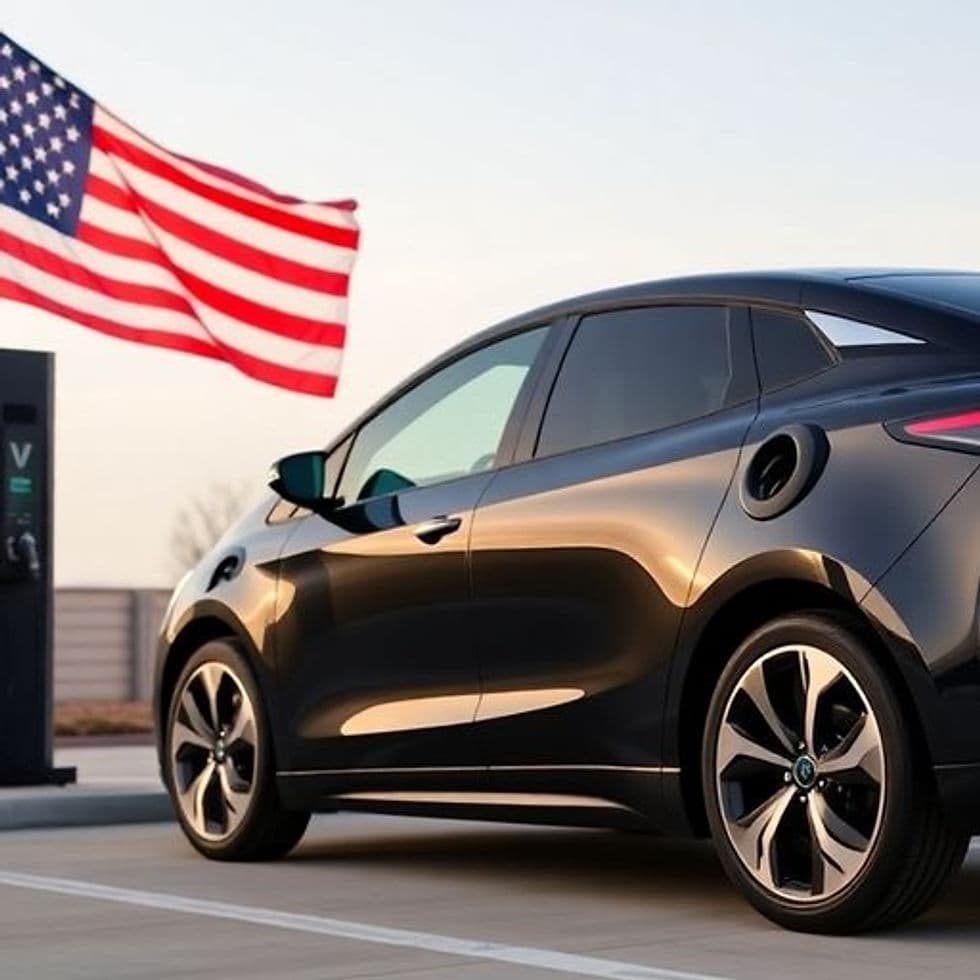October EV Market Share Drops to 5% After Federal Tax Credit Expiration
In a significant downturn for the electric vehicle (EV) market, experts have confirmed that the anticipated collapse in EV sales has begun. Following the expiration of the federal tax credit for clean vehicles on September 30, 2025, Ford"s CEO Jim Farley had predicted a drastic reduction in the market share of electric cars. His forecast has proven accurate, as data from J.D. Power and S&P Global Mobility indicates that the EV market share in the United States plummeted to approximately 5% in October, down from a record high of over 12% in September.
Key Details
According to S&P Global Mobility, around 64,000 new electric vehicles were sold in October 2025. This figure represents a dramatic decline from September, when nearly 150,000 EVs were purchased or leased as consumers rushed to take advantage of the now-expired $7,500 federal incentive. The market share for battery-powered vehicles also experienced a year-over-year decline, dropping from over 8% in October 2024 to the current 5% in October 2025. This marks the first time since early 2022 that EVs have constituted only 5% of U.S. vehicle sales.
Plug-in hybrid vehicles also faced a significant downturn, with their market share decreasing from 2.2% in September to just 1% in October, as reported by J.D. Power. Tyson Jominy, the senior vice president of data and analytics at J.D. Power, commented on the situation, stating, “The automotive industry is experiencing a significant recalibration in the electric vehicle segment in the first month following the expiration of the federal tax credits.”
Background
The expiration of the federal tax credit has introduced a new reality for the EV market, where electric vehicles are now sold without government subsidies. This change has led to increased prices for consumers, making it essential for manufacturers to compete on the merits of their products alone. The decline in sales is indicative of a broader shift in consumer demand, as buyers reassess the value of electric vehicles in the absence of financial incentives.

Image for October EV market share drops to 5% after federal tax credit expiration
Impact
The immediate impact of the tax credit expiration has been a sharp decline in EV sales, which may have long-term implications for the automotive industry. As manufacturers adjust to this new market environment, it remains to be seen how they will respond to the challenges posed by higher vehicle costs and changing consumer preferences. The situation is compounded by the fact that the automotive sector is already grappling with various economic pressures, including supply chain disruptions and inflationary trends. The recent developments in the EV market mirror challenges faced by other sectors, such as the recent developments in truck sales, which also saw significant declines amid economic uncertainty.
As the EV market continues to navigate this transition, stakeholders will be closely monitoring sales trends and consumer behavior in the coming months to gauge the long-term viability of electric vehicles in an unsubsidized landscape.







![[Video] Gunfire between Iraqi security forces and Sadr militias in Baghdad](/_next/image?url=%2Fapi%2Fimage%2Fthumbnails%2Fthumbnail-1768343508874-4redb-thumbnail.jpg&w=3840&q=75)
